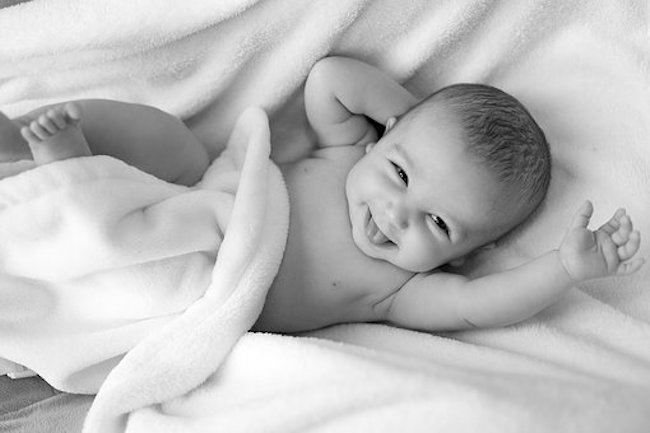Why The World Needs To Allow Women To Shout Their Adoptions By Anonymous for The Federalist
People often think that if a child is unwanted by a birth mother, he is unloved. But placing a child for adoption is a profoundly loving choice.
When defending a woman’s power to abort her child in May, Alabama state Rep. John Rogers, a Democrat, made remarks before the legislature that took a dark turn. “You bring them in the world unwanted, unloved, you send them to the electric chair,” Rogers said. “So, you kill them now or you kill them later,” reported the Washington Examiner.
Rogers’ remarks incurred anger from people on all sides of the abortion debate, but the resulting maelstrom did not address the most damaging part of his argument: the assumption that “unwanted” is synonymous with “unloved.”
In the late 1980s, my birth mother placed me for adoption, making me one of around seven million adopted Americans counted today by Adoption Network Law Center. I was raised by an incredible couple who gave me all the love I could ask for, and taught me the life skills I needed to be successful—and, although this fact ought to be fairly obvious, to avoid any contact with an electric chair.
I may have been adopted, but with the exception of more limited knowledge of my medical background and a keen fascination with how other children resemble their parents, I grew up no differently than my non-adopted friends.
My parents never let me doubt that my birth mother had placed me for adoption because she loved me. It was part of the language they used every time we spoke about how I became their child. Their assurances rung true when, as an adult, I was given the letter my birth mother left for me after I was born. “If I loved you a little,” her letter said, “I would keep you. But I love you a lot so I’m going to give you up.”
Like many adopted children, I was interested in finding my birth parents. I was in my mid-twenties and early thirties when I met my biological parents for the first time. As long as I live, I will never tire of telling the stories of those reunions. Without exception, my experience never ceases to generate enthusiasm and joy, whether I discuss it with neighbors, colleagues, family members, or friends.
The circumstance is very different, however, for my birth mother. Even from the trust and safety of close friendships, the sharing of her story, and of our meeting, has been met with judgment, and anything but joy. After several unsatisfying attempts to open up to new friends, my birth mother decided to keep the story of our meeting to a close group of trusted confidantes so that the negative reactions of others cannot taint her own happiness.
“It’s a good story,” she explained to me while discussing her experience. “But you can’t tell it.”
Eliminating the Stigma Against Birth Mothers
My birth mother’s situation is not anomalous. According to the Child Welfare Information Gateway’s 2013 factsheet on the Impact of Adoption on Birth Parents, the sensation of loss birth parents experience is often misunderstood by outside individuals, who lack “an appropriate level of sympathy because the loss is viewed as a ‘choice.’”




